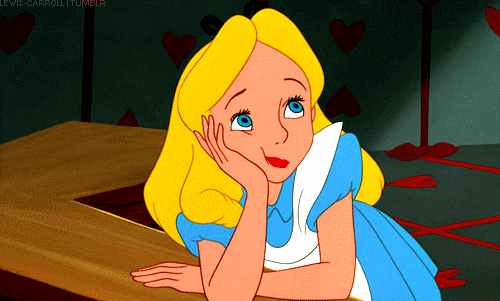Working through a backlog on my reading list (now only 2 years, 11 months, and 21 days behind), and I came across these excerpts in Bertrand Russell’s 1930 classic The Conquest of Happiness, in a chapter titled “Boredom and Excitement”
The capacity to endure a more or less monotonous life is one which should be acquired in childhood. Modern parents are greatly to blame in this respect; they provide their children with far too many passive amusements… (recall our Week3-Down the Rabbit Hole video) ”
The pleasures of childhood should in the main be such as the child extracts from his environment by means of some effort and inventiveness. Pleasures which are exciting and at the same time involve no physical exertion, such, for example, as the theatre, should occur very rarely. The excitement is in the nature of a drug, of which more and more will come to be required, and the physical passivity during the excitement is contrary to instinct. A child develops best when, like a young plant, he is left undisturbed in the same soil…
A generation that cannot endure boredom will be a generation of little men, of men unduly divorced from the slow processes of nature, of men in whom every vital impulse slowly withers, as though they were cut flowers in a vase.

The special kind of boredom from which modern urban populations suffer is intimately bound up with their separation from the life of Earth. It makes life hot and dusty and thirsty, like a pilgrimage in the desert. Among those who are rich enough to choose their way of life, the particular brand of unendurable boredom from which they suffer is due, paradoxical as this may seem, to their fear of boredom. In flying from the fructifying kind of boredom, they fall a prey to the other far worse kind. A happy life must be to a great extent a quiet life, for it is only in an atmosphere of quiet that true joy can live.
